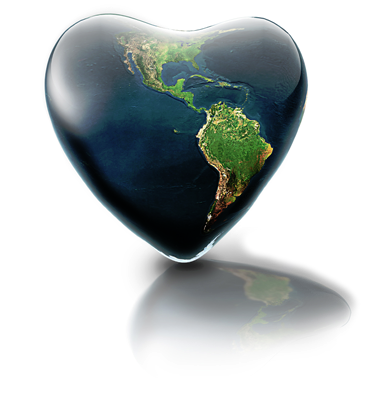
Part of the wonderful experience of going to college is reading books that are new to you and having the opportunity to debate their significance and importance to our experience of the present with people whose minds you respect. It has been a rare privilege to share exactly that same experience with old and dear friends, Della and Peter Allen, with whom I have exchanged books and ideas over the forty years since the formal process of education was completed.
They have shared the escapist and marvelously biting humor of Carl Hiaason and I have shared The Four Agreements and The Mastery of Love by Don Miguel Ruiz with them. About a year ago, they gave me the book, The American Soul, by Jacob Needleman. It sat on my “to be read” shelf for a long while because I was not convinced that we, as a society, have access to our soul and shame on me I had never read any of Needleman’s work. The book is a stunning look at the dichotomy of the American soul. How can Jefferson speak of freedom for all and own slaves? When, if ever are we going to truly own what we did to destroy one of the most “soulful” races in all of history? At what point do we truly account for the “economic” advantage we gained in the world literally on the backs of African Americans?
I expected history and philosophy. Jacob Needleman is Professor of Philosophy at San Francisco State University. And nothing prepared me for what I would find in its pages: an understanding of where our violence as individuals and as society has its roots.
In the retelling of a native American tale of good and evil he writes:
“No, Atotarho (an evil chief) is evil as inability – incapacity to hope, incapacity to try. The sound of the scream as it echoes through the legend is the sound of the broken heart, of man who internally yearns for good but can see no way it will ever appear.
…Human evil is goodness acting under a wrong thought; human evil is the power of the spirit under the yoke of a despairing master.”
And a few pages later:
“And nothing can overcome this force of evil of violence except the direct experience of Good within oneself, an experience that turns all the energies of man around so that they serve what they are created to serve. Without this central event, all impulses toward peace and inner freedom eventually must fail.”
“An experience of Good within oneself.” Here it was, again, from a completely different source, grounded in history and philosophy. If we do not experience the Good in ourselves, we are bound to never be at peace. The capacity for loving-kindness is within us all, the only question is access. As we experience this to be so for ourselves, we care to share what we know with others. It is impossible as individuals or as a nation to give what we do not experience.
Hear Jacob Needleman on our Media page

